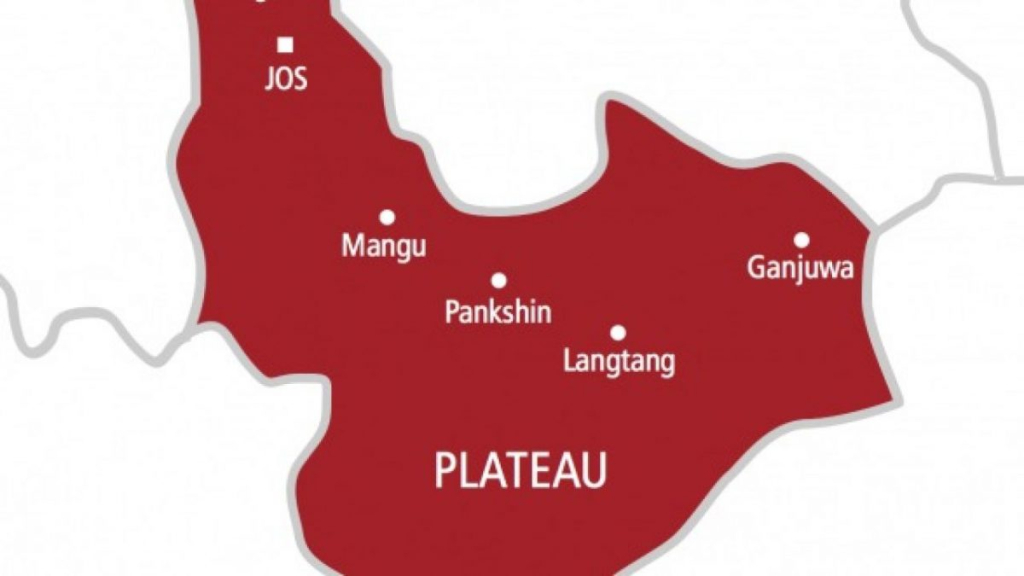A Nigerian social media user has ignited controversy by demanding specific ethno-religious concessions as conditions for peace in Plateau State, a region marred by persistent violence between herders and farming communities. Musa Idris Ubandoma, a Fulani man linked to inflammatory Facebook posts, recently escalated his rhetoric by outlining requirements he claims would end the crisis, including installing a Fulani Muslim deputy governor and mandating state-funded Islamic pilgrimages.
In posts under scrutiny, Ubandoma asserted Plateau State could achieve stability only if authorities appoint a Muslim secretary to the state government, allocate land for herder settlements—known as Ruga—and permit unfettered cattle grazing on farmlands. “We must become deputy, then the governor of Plateau. Implement Shari’a, Allah Akbar,” one message read. Another post declared, “Plateau belongs to the Fulani. We will keep destroying those who want to stop us,” using the term Arnes, a slur directed at non-Muslims. His remarks follow years of deadly clashes in the state, often framed as disputes over land and resources between predominantly Muslim Fulani herders and Christian agrarian groups.
Local residents have expressed alarm over Ubandoma’s open defiance of security agencies, questioning why he has not faced arrest despite Nigeria’s laws criminalizing incitement. Analysts note his demands mirror longstanding tensions over grazing rights and political representation, with Fulani communities historically alleging marginalization. However, critics argue his rhetoric risks inflaming divisions: one post warned of retaliation against those opposing Fulani interests, stating, “We must live in peace, if not RIP.”
The call for Ruga settlements—a federally backed program to allocate land to herders, criticized by opponents as a land-grabbing scheme—adds a layer of complexity. Ubandoma’s demand for unrestricted cattle movement also echoes debates over grazing laws, which farming communities claim enable crop destruction. Plateau’s government has previously resisted Ruga initiatives, citing concerns over displacing indigenous populations.
Security experts highlight a pattern of impunity for online hate speech in Nigeria, where inflammatory posts often precede outbreaks of violence. Plateau State has suffered hundreds of deaths in recent years from attacks blamed on armed Fulani groups, though authorities rarely confirm perpetrators’ identities. Human rights advocates urge proactive measures to address both online incitement and underlying grievances, warning that unchecked rhetoric could deepen mistrust.
As debates over identity and resource access intensify, Ubandoma’s posts underscore the fragile coexistence in ethnically diverse regions. While some view his demands as political brinkmanship, others see them as symptomatic of systemic issues requiring dialogue. For now, the silence from law enforcement agencies continues to draw scrutiny, leaving many to ponder whether inflammatory speech will face accountability or further destabilize a region already on edge.
